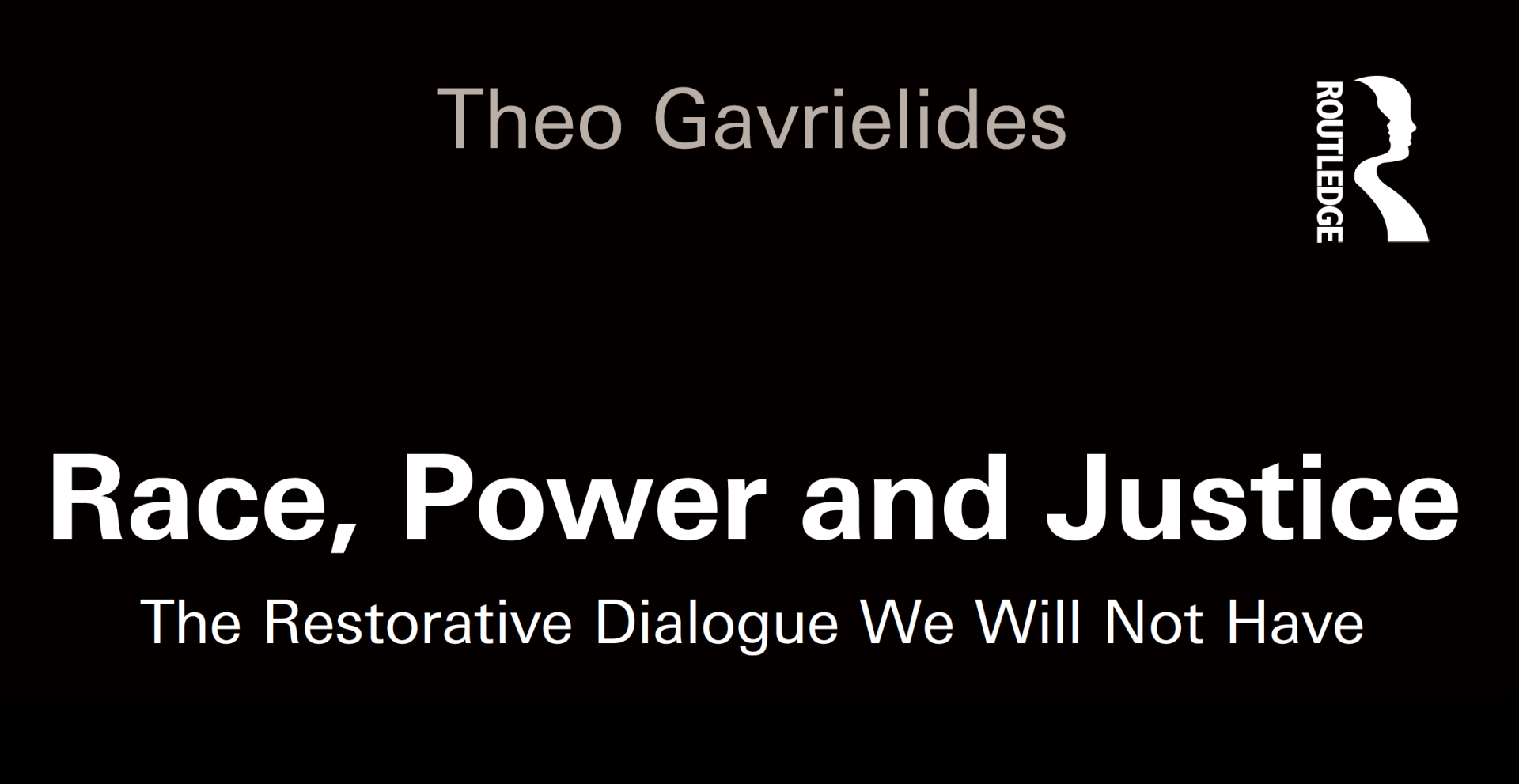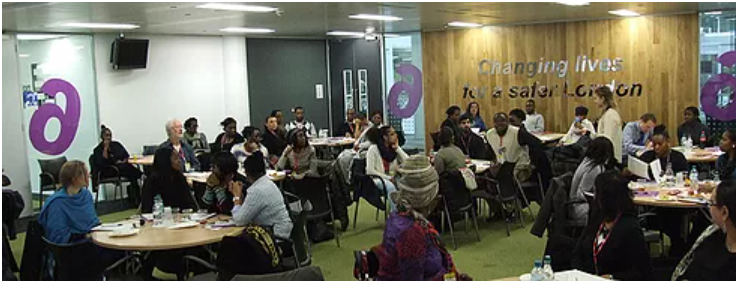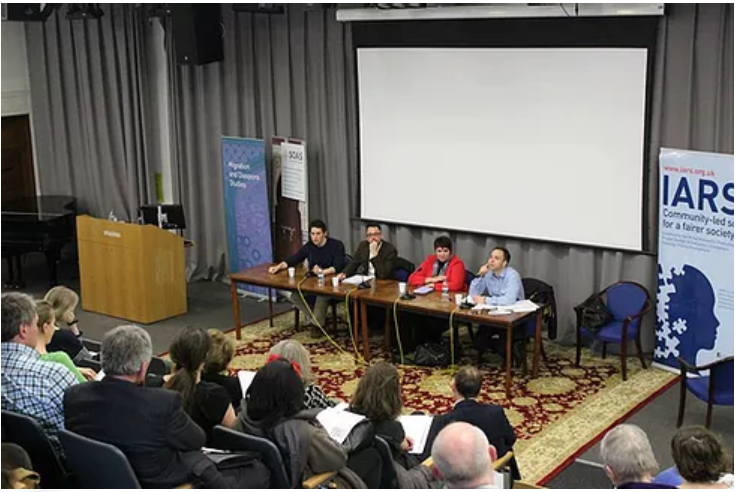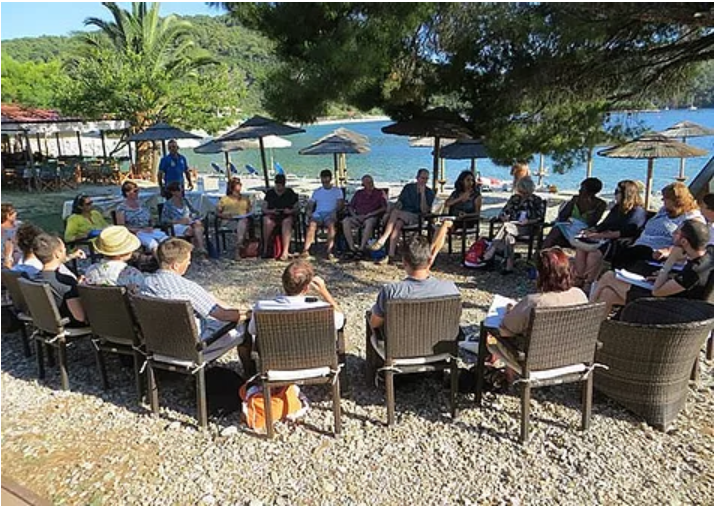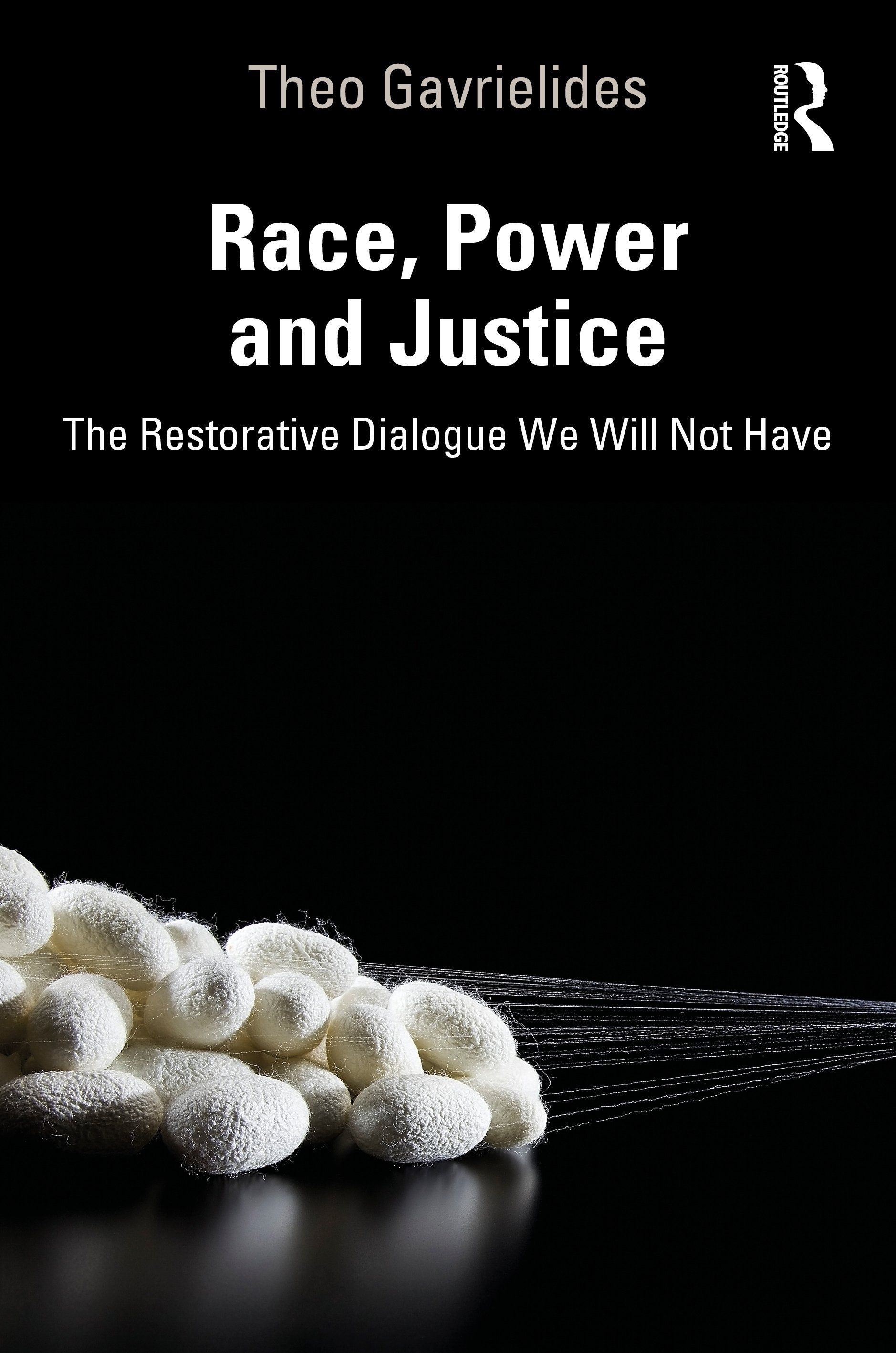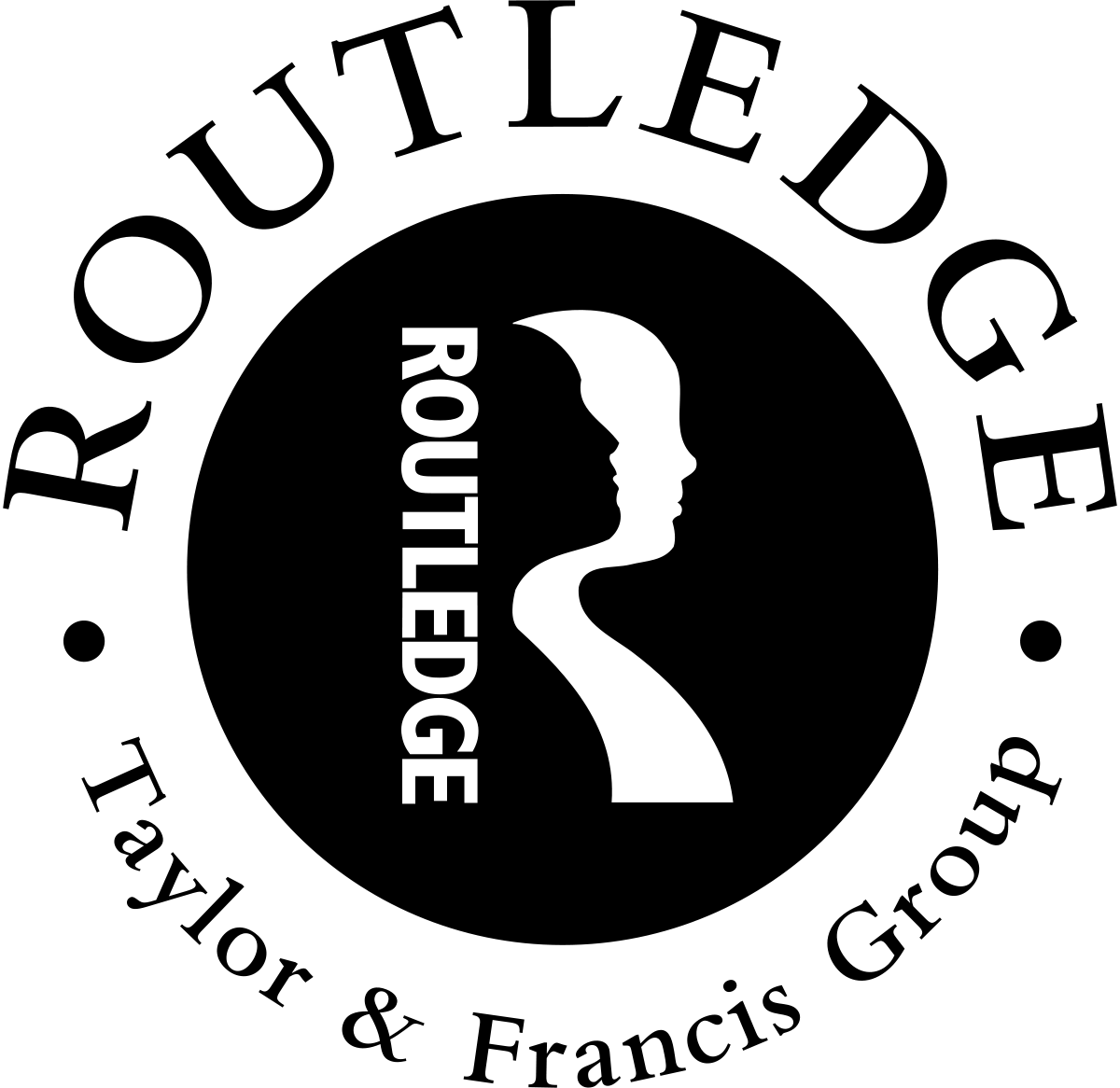Theo Gavrielides, PhD, is a legal philosopher and a restorative justice expert. He is the Founder and Director of the Restorative Justice for All (RJ4All) International Institute, and the Founder of The IARS International Institute. He is a visiting professor in universities in the UK and abroad, and the Editor-in-Chief of RJ4All Publications, the International Journal of Human Rights in Healthcare, the Youth Voice Journal and the Internet Journal of Restorative Justice. He has edited over 20 books, and published extensively on restorative justice, violent radicalisation, criminal justice, human rights, youth justice and equality
Gavrielides at the 4th USA National Conference on Restorative Justice, 2013 Toledo, USA
"Race equality in probation" Gavrielides' consultation (2013 - London)
Gavrielides chairing the lecture "Hate Crime and Restorative Justice" (UK - 2015)
“This timely book invites readers to explore power, justice, and race in multiple places and from multiple perspectives. It challenges us to consider our own abilities to craft new narratives of identity and truth, transform ineffective or unfair systems, and contribute to racial healing. I highly recommend this book as both a learning tool and as a source of inspiration for educators, activists, and peacebuilders”.
Professor Maya Soetoro-Ng, Obama Foundation and University of Hawaii, USA
“Racial injustices that intersect with other injustices are daunting in their intersectionality. Yet this is a book that refuses to feed our despair. It infuses our imaginations with an empowering vision for hope and governance. This is a book that begins to redress that failing with a fresh approach. Theo Gavrielides’ new monograph advances a politics of inclusion and fusion of insights from theory and practice so evocatively and with such eloquence.”
Professor John Braithwaite, Australian National University, Australia
The book was shortlisted as one of the three finalists for the American Society of Criminology-Division of International Criminology (ASC-DIC) Outstanding Book Award 2023
Gavrielides, T. (2021). Race, Power and Justice: The Restorative Dialogue we will not have. Abingdon: Routledge.
ISBN 978-1-4724-8835-0
DOI: 10.4324/9781003194576
I have always felt that there was something lingering in the background of all my projects, work and writings. A bigger picture that I could not see. The issue that I would not address. The dialogue that I would not have.
This feeling became gradually stronger, as I learned to observe myself, my actions (or inactions), fears and insecurities. My background in legal studies as well as my day job did not help with this process. In fact, they distracted me from investigating further this lingering feeling. Philosophy and privileged moments of true dialogue with friends and colleagues helped me to start painting the hidden picture...
As brain specialists and cognitive psychologists would claim, we create meanings through a process of visualization of images infused with feelings that lead to connections. The word ‘table’, for instance, creates a visual image of a surface (most often square) standing on four legs. Conversely, when viewing something resembling this image, our brain labels it as ‘table’. Interestingly, online search engines function in a similar way. Try searching for images using the word ‘table’ and you will most likely get thousands of hits resembling the aforementioned description.
Now, try and visualize the word ‘justice’ or even ‘criminal justice’. When applying the test of using search engines, my hits rendered the same images that were in my mind. These were: the balanced scales of justice, the blindfolded Greek Goddess Themis (again holding the balanced scales of justice and a sword), holding hands or a fist.
Reflecting on the findings of this homemade test, I came to realise that most of us visualise justice in this way simply because we view it as a virtue, a value-based notion, a higher purpose and an honourable goal that can give essence to our life paths and sacrifices. My brain did not allow me to visualize justice in the form of prisons, courts, suited white men or ministries and politicians.
This then led me to believe that our brains deny diminishing justice to an image anything less than a representation of a higher existence. And yet, when an injustice takes place, we ask for prison bars, tall walls, courtrooms and lawyers. Not for this higher existence.
I have now come to believe that this subconscious behaviour is by no coincidence. It is part of the hidden picture, which I could not see for years. It is the result of many decades of conscious planning to achieve what Foucault and many others have called “power and control”. By controlling our sense of justice, expectations are directed and the reality can be manipulated. Without this manipulation, there can be change, and change is a thread to the status quo that leads to power abuse and inequality.
Admittedly, the literature on power, its definitions and different forms, how to develop or diminish it (whether at the inter-personal, inter-community or inter-state level) is rich. And yet, never before have we so silently succumbed to forces of power defining our life purpose, current reality and indeed future. This is a very scary feeling indeed.
But this fear is constructive and honest. It can lead to improvements and change. It is the other kind of fear that I want to expose as dangerous and inconspicuous. As I write this introduction, the world is experiencing unprecedented health and socio-economic impacts, which are compared only to those that followed World War II. We are afraid that we will lose our life, health and independence, income and homes, family and friends. The scale of this unprecedented fear is increased with continuous threats that are brought to our homes, dinner time, private moments and bed time. These may relate to terrorist attacks, financial crises, unemployment, migration and refugee “crises” and viruses. This fear creates dependencies. Dependencies allow control. And control serves the status quo.
I have never believed in conspiracy theories; in fact, my research and legal background made me a rather dull chat friend, as I always ask for evidence. And it is this evidence that I want to present through this book, which aims to paint the hidden picture by starting the dialogue that we’ve never had. We cannot deny what is; we can only learn to observe it, and as we start to awaken, we then seek for tools that will regain the power that we have silently lost through gradual and consensual new forms of slavery. This responsibility is intensified, if we have undertaken a role to serve justice as practitioners, researchers, policy makers or campaigners.
This project and book respond to this responsibility. They are structured around four concepts, which act as pillars for their arguments and indeed contribution: power, race, justice and restorative justice. This book celebrates 20 years of working in the restorative justice field. During this time, the learning that I was able to receive and give has been incredible, and I hope that each chapter demonstrates and reflects this.
Dr. Theo Gavrielides
January 2021
"Every time I see a butterfly, I remember how frail and yet how powerful natural beauty is. Compared only with the work of an artist, their fragile wings are more than just for admiration. They allow the insect to fly, an act that even us humans cannot perform. But what is more profound about the existence of butterflies is the life path they have to take before they become beautiful flying creatures of admiration. Starting from a cocoon, they are first caterpillars, crawling for their survival.
Our true existence follows the same life journey. Our first awakening is the cocoon that will lead to our first becoming. I hope that this book pulls all of us cocoons towards our true existence".
Dr. Theo Gavrielides
BOOK ENDORSEMENTS
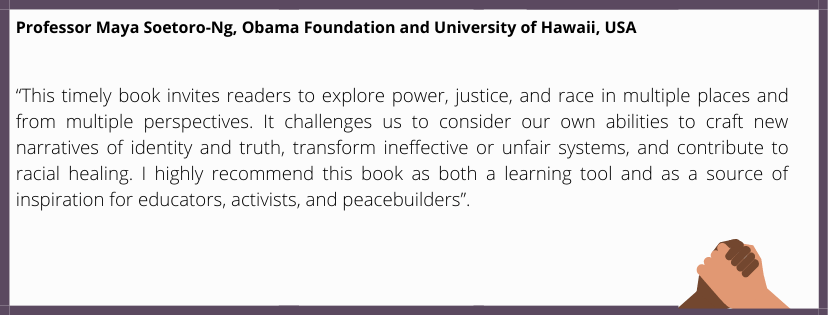
Slide title
Write your caption hereButton
Slide title
Write your caption hereButton
Slide title
Write your caption hereButton
Slide title
Write your caption hereButton
Slide title
Write your caption hereButton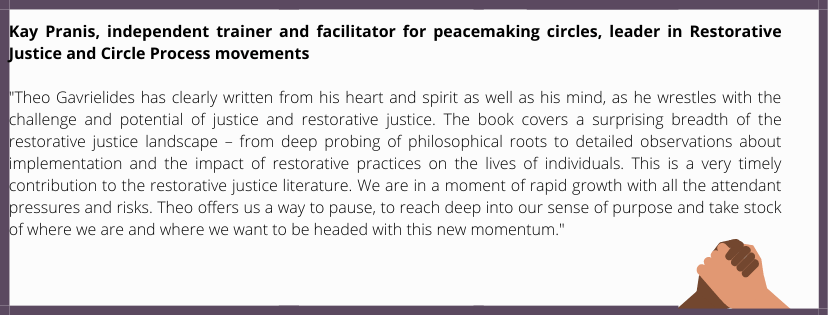
Slide title
Write your caption hereButton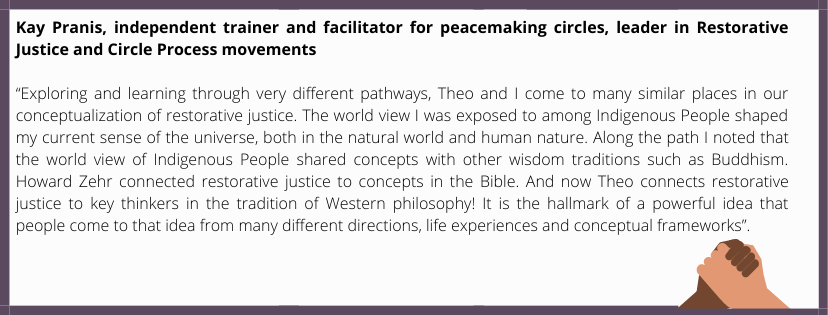
Slide title
Write your caption hereButton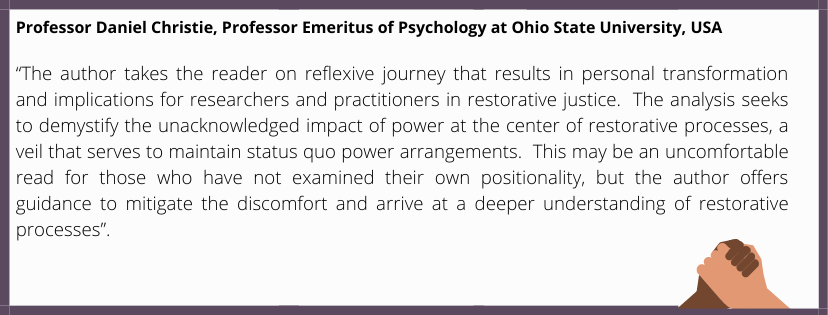
Slide title
Write your caption hereButton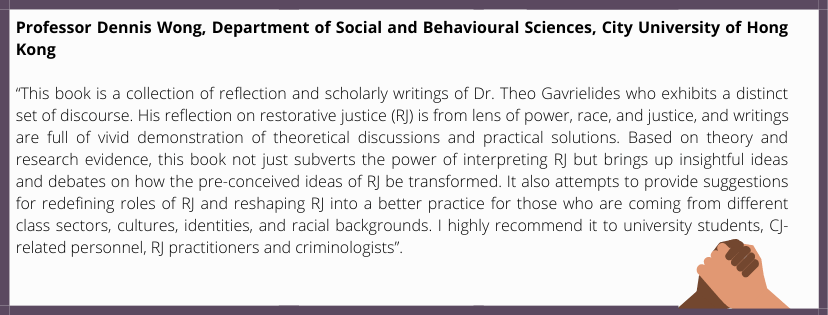
Slide title
Write your caption hereButton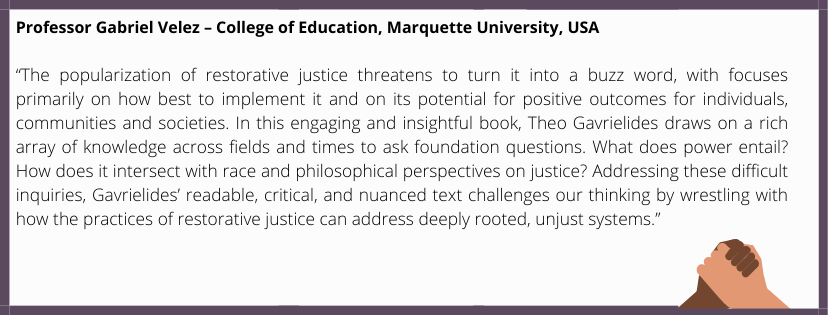
Slide title
Write your caption hereButton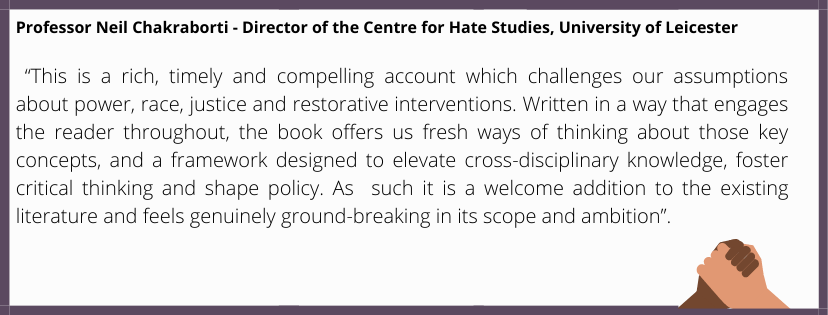
Slide title
Write your caption hereButton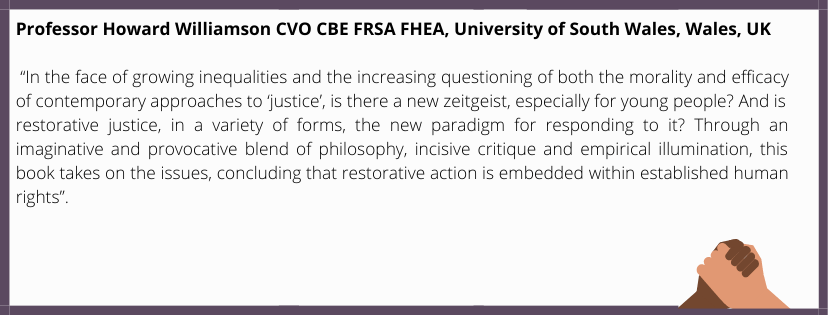
Slide title
Write your caption hereButton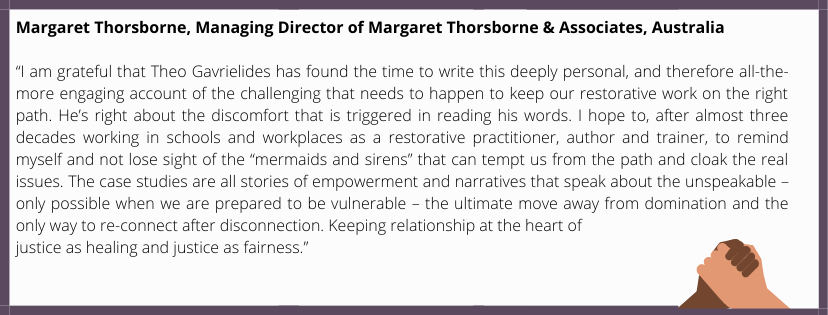
Slide title
Write your caption hereButton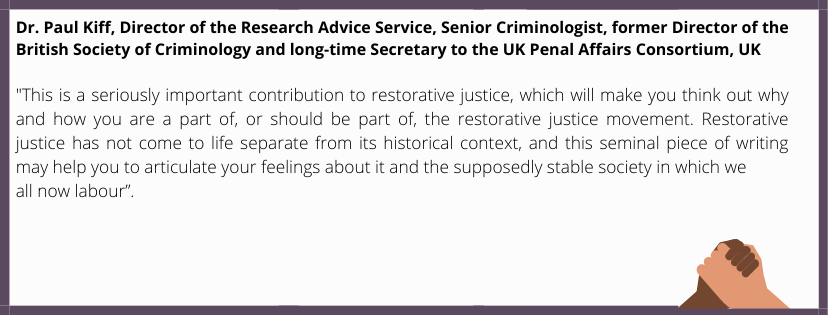
Slide title
Write your caption hereButton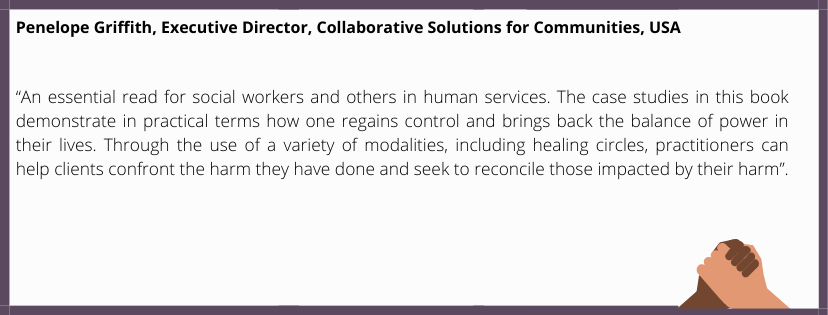
Slide title
Write your caption hereButton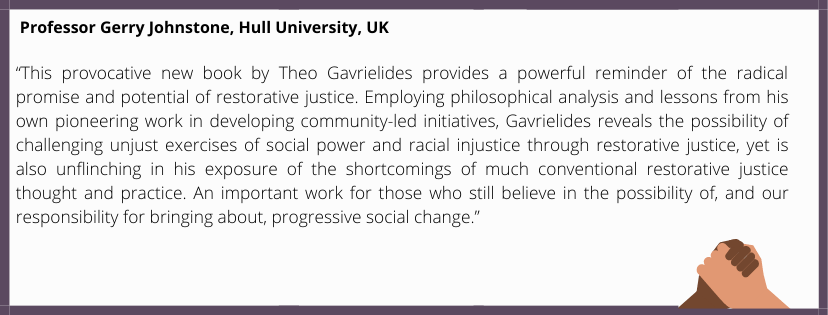
Slide title
Write your caption hereButton

Industry Leader
Quality Guaranteed
The project builds on previous work carried out by Gavrielides and RJ4All, particularly :
- Gavrielides, T. (2020). Restorative Justice Theory and Practice: Addressing the Discrepancy, 2nd Edition London: RJ4All Publications, ISBN 978-1-911634-17-1.
- Gavrielides T. (2014). “Bringing Race Relations into the Restorative Justice Debate”. Vol. 45: No. 3, Journal of Black Studies, pp. 216-246.
- Gavrielides, T. (2013). “Restorative Pain: A new vision of punishment” in Gavrielides, T. and V. Artinopoulou (Ed). Reconstructing Restorative Justice Philosophy, Ashgate Publishing: Furnham, UK, 311-337.
- The Second International Restorative Justice Symposium: Race and Power
- Gavrielides, T. (2012). “Contextualising Restorative Justice for Hate Crime”. Journal of Interpersonal Violence. doi: 10.1177/0886260512447575
- Gavrielides, T. (2011). “Restorative Practices & Hate Crime: Opening up the debate”. 14:4 Temida, 7- 19. DOI: 10.2298/ TEM1104007G
- Gavrielides, T. (2010) “Restoring relationships: hate crime and restorative justice” in European best practices of restorative justice in the criminal procedures: Budapest conference 2009, European Union: Hungary.
- Gavrielides, T. et al (2008) Restoring Relationships: Addressing hate crime through restorative justice and multi-agency partnerships¸ ROTA: London. DOI: 10.13140/RG.2.1.2494.4086 .
High Expectations
You might also be interested in:
Restorative Justice for All International Institute (RJ4All)
The RJ4All Rotherhithe Community Centre, 30 Plough Way London SE16 2LJ, UK
admin@rj4all.org | +44(0)7708758600 or 07795678904
